Implementing political reform and restoring trust of the public in politics are among the most important themes in Japan's ruling Liberal Democratic Party, or LDP, leadership election, but none of the current candidates have clearly presented policies on these matters, experts said.
A record nine candidates launched a 15-day election campaign on Thursday to vie for leadership of the LDP, aiming to succeed Fumio Kishida as the country's next prime minister.
Kishida announced on Aug 14 that he will not seek reelection as leader of the ruling party. His cabinet has continued to struggle with low approval ratings.
Noriyuki Kawamura, an emeritus professor at Nagoya University of Foreign Studies, said: "Most of the candidates are focusing on creating a superficial sense of renewal, or so-called changing the atmosphere. In other words, they believe that by changing the face of the top leader, the atmosphere will change. But that alone is highly insufficient."
He emphasized that whoever becomes the leader of the LDP will also become the prime minister of Japan, and the person must carry out fundamental political reform. Only by doing so can the public's trust in politics be restored.
"The Kishida cabinet has not conducted any thorough investigation into the issue of politics and money, and the Political Funds Control Act has not undergone any fundamental revision but rather only minor surface-level adjustments," said Kawamura.
Despite receiving large sums of taxpayer money through party subsidies, LDP politicians repeatedly held political fundraising events and failed to report the funds they received, said Kazuyuki Hamada, an international political economy scholar and former parliamentary vice-minister for foreign affairs of Japan.
The LDP's ability to reform itself and its vision for national reconstruction are being called into question. The people have lost faith in the current political system and nearly half of them do not even bother to vote in elections, said Hamada.
"This race seems like something orchestrated by the LDP to divert attention from the issue of politics and money … However, the candidates are not addressing the critical issues facing Japan's politics, economy, or defense," said Hamada.
Satoshi Tomisaka, professor at the Institute of World Studies at Takushoku University, said that voters can experience a certain sense of renewal by observing a somewhat transparent process of power transfer, but that effect will not last long.
Both the renewal of a change in leadership within the LDP and the renewal of a change in the governing party have the same temporary effect of raising expectations. However, this does not stop the overall systemic fatigue, said Tomisaka.
In addition to the need to tackle the issue of politics and money, a significant shift in Japan's foreign policy is also required. Stabilizing relations with China will be a key challenge for the country's next leader, according to Kawamura of Nagoya University of Foreign Studies.
In recent years, Japan's foreign policy has increasingly aligned with the United States, particularly in its adherence to US efforts to contain China. This approach has contributed to growing instability and tensions in Japan's relationship with China, Kawamura said.
"To safeguard Japan's national interests and determine its future direction, it is essential to balance its relationships with both China and the US," he said.











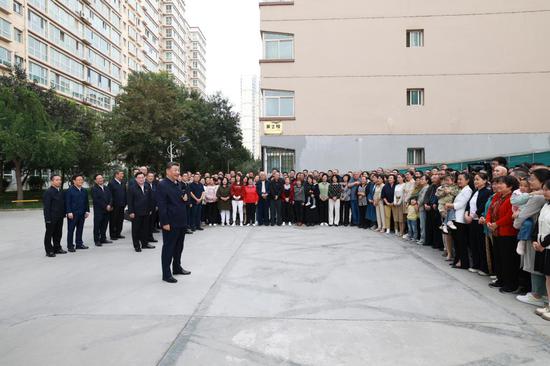

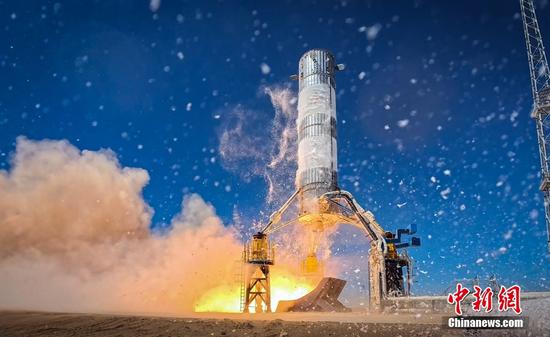












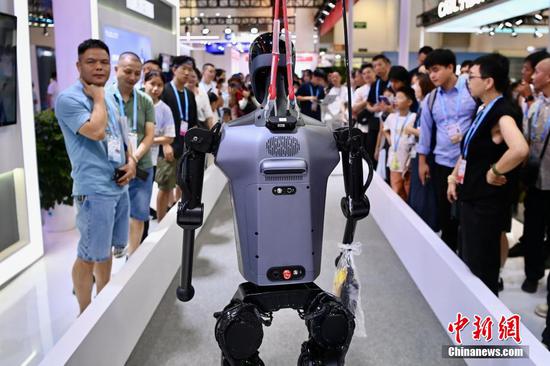




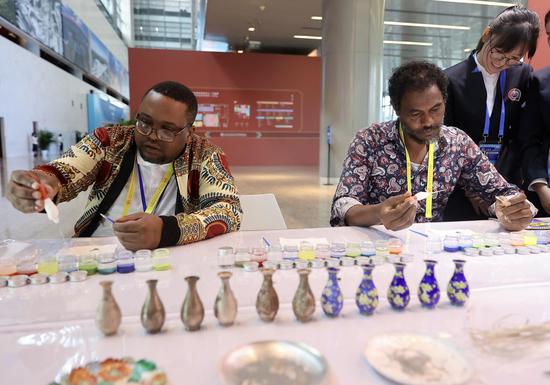


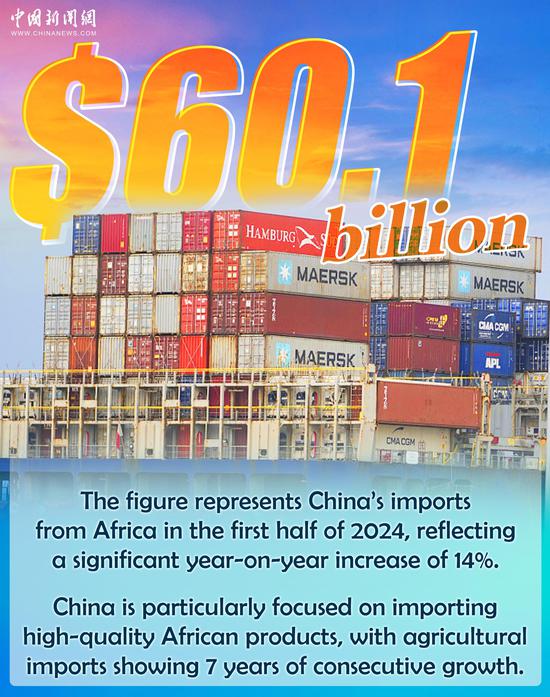
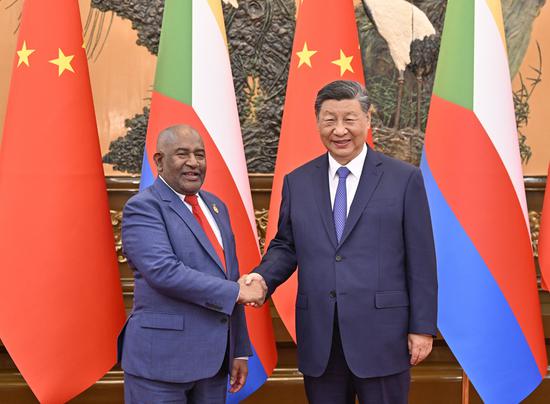
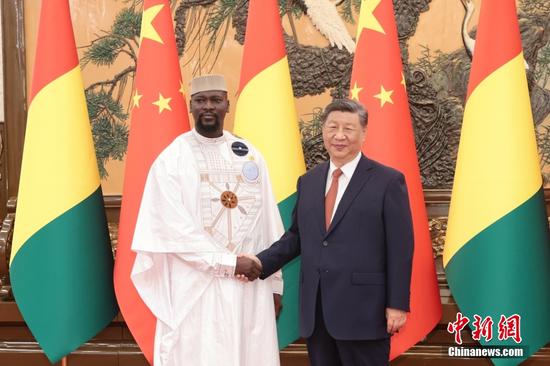
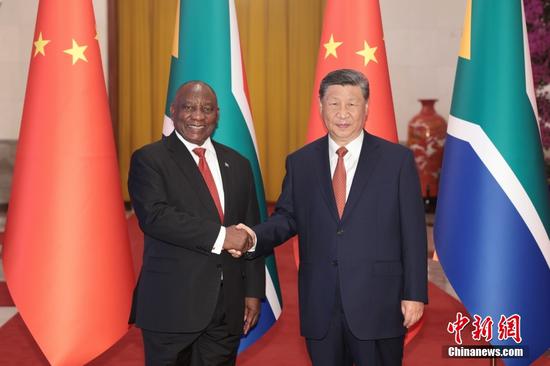
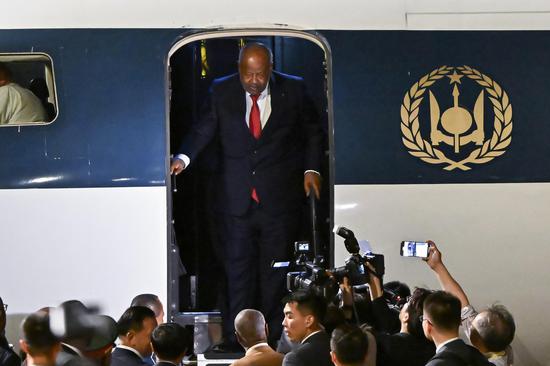
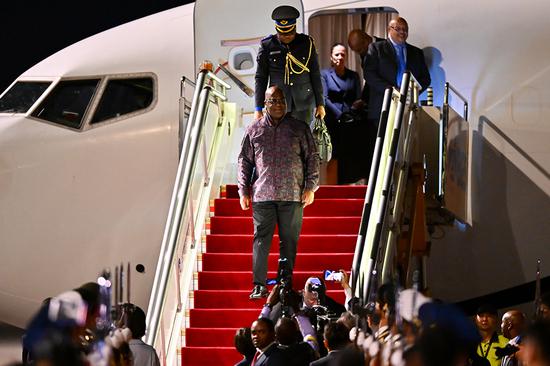

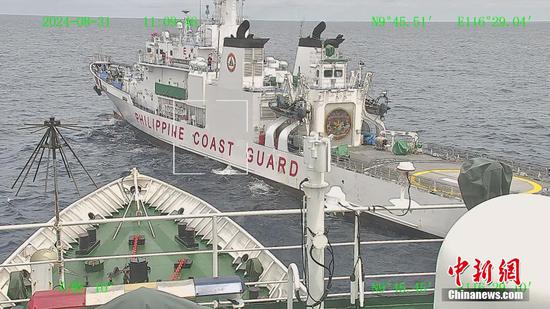


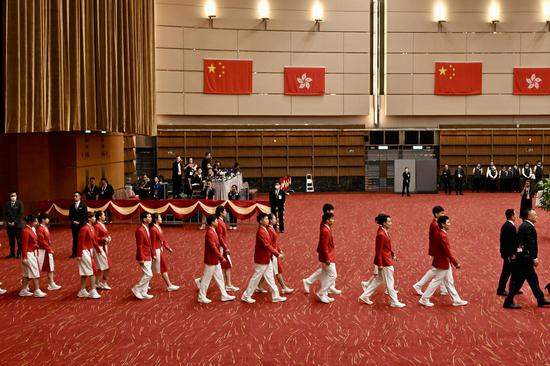



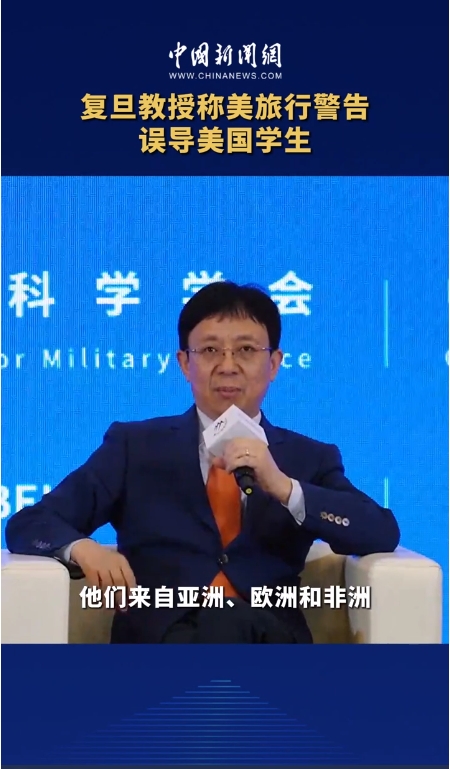

 京公网安备 11010202009201号
京公网安备 11010202009201号